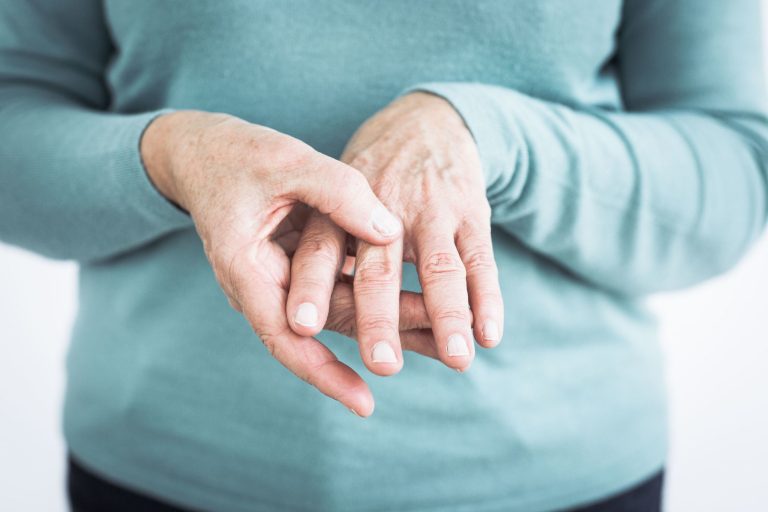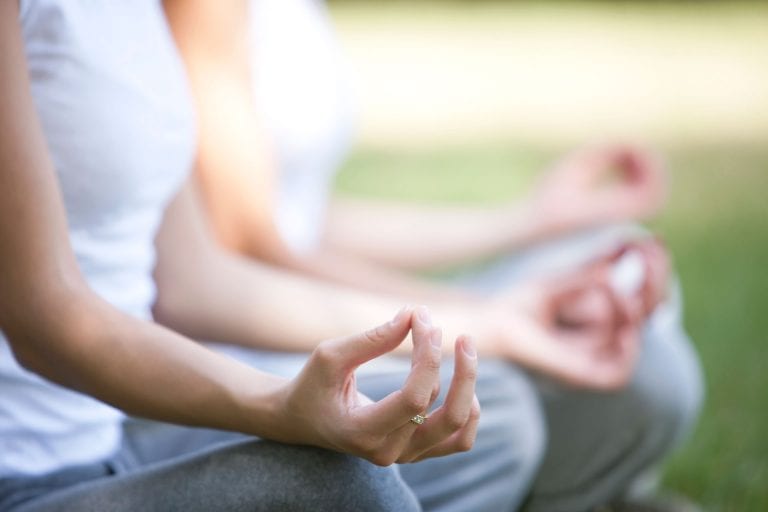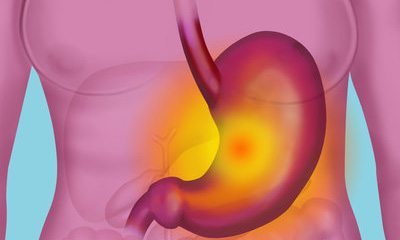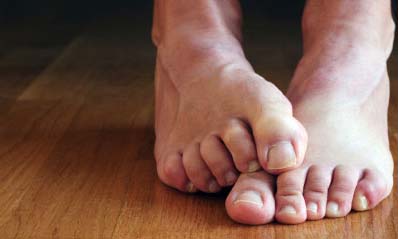
In the addiction recovery industry, the word ‘meditation’ has become a buzzword. When you or someone you love is in their journey towards drug or alcohol addiction recovery, then you want to improve on every level to obtain long-term sobriety. This involves recovering your spiritually and mentally as well as physically.
Meditation is an efficacious recovering tool for many people who need to calmness, compassion, and balance. Of course, today drug and alcohol treatment centers are incorporating meditation into their treatment programs for those who are receiving therapy for stress, depression, or substance abuse issues.
Recovery is something that you have to work on every single day and it’s something that doesn’t get a day off.
– Demi Lovato
Now, this blog we are going to speak about the benefits of meditation in a regular practice, which can make a meaningful change in your addiction recovery.
1. Learn to deal with the negative situation and appreciate the good
Since meditation is a focusing practice, it enables you to essentially concentrate on yourself without any disturbances. Daily practice of mindfulness makes you forget all of your problems and give you an easy way out, learning to be mindful helps you deal with your problems and recognize that they exist.
Specialists have been able to combine mindfulness meditation in many ways, for instance:
- Mindfulness-based cognitive therapy (MBCT)
- Mindfulness-based relapse prevention (MBRP)
- Mindfulness-based stress reduction program (MBSR)
- Acceptance and commitment therapy (ACT)
- Dialectical behavior therapy (DBT)
2. Reduces cravings
According to the study that mindfulness meditation reduces the rates of relapse. Even in the presence of negative emotions, this practice helps you to reduce your cravings.
When you practice meditation daily, it helps boost your mental function, it gives peace of mind, self-consciousness, and helps you to reduce cravings and stop relapse after leaving inpatient and outpatient treatment centers than those who did not practice it.
3. Meditation works even when not actively practicing it
To attain the benefits of meditation, you don’t need to be actively involved in it. According to the research of the frontiers in human neuroscience journal that meditation can change your brain.
The amygdala is one of the best-understood brain regions its emotional motive is to be positively influenced by meditation – and even when you are not actively practicing your meditation you will feel the positive effects on your body.
4. Peace of mind
During your early recovery, you may be exhausted. Drug or alcohol addiction can destroy both mentally and physically and live you in an anxious wreck. If you require to recover and relax not just from life itself but also in your mind.
According to the research of modern medical technology, if you sit quietly for just 20- minutes session of meditation in a day, waves of the brain can be changed from Berger’s waves (alpha waves), that is an awakens state of consciousness, to theta brainwaves which are often in rest but are also powerful in deep meditation.
So when you meditate on a regulars basis it helps you to improve your overall mood.
5. Increases your impulse control
According to the study, when you practice mindful meditation at least five minutes a day helps to improve a person’s brain’s capacity to hold negative impulses. If you are in drug or alcohol addiction recovery, this meditation practice could essentially be a life-saving method.
6. It helps to improve your overall health
Practicing meditation not only helps to boost your mental health. According to the research, it helps to improve your physical health, too. It can assist to increase immunity to stop you from getting flu or cold, and the advantages of meditation involve treating physical health conditions such as chronic pain, menopause, high blood pressure, ulcerative colitis, and insomnia.
7. Boosts your awareness
Mindfulness exercises like meditation help people in addiction recovery. Meditation helps to identify your discomfort and enhances your ability to multitask without becoming confused and feeling fear or stress.
Mindful awareness: “trying to define yourself is like trying to bite your own teeth.” -Alan watts
Find a way to recovery
Meditation is something where you can practice it anywhere, without special tools or groups. If you or someone you love is addicted to a substance and curious in studying more about how mindfulness meditation can assist you to overcome drug or alcohol addiction, then it the right time to find and contact rehab centers in Columbus and to talk to a rehabilitation support specialist about treatment program that combines holistic treatment programs, such as mindfulness meditation.
All of these above benefits commit to developing you strong both mentally and physically, which is the basis of a successful and long-term recovery.


























2 thoughts on “7 Ways Meditation Can Actually Help You to Recover From Addiction”
Meditation has lots of benefits. DIdn’t know beating addition was one of them. Good stuff!
Nice article…Thank you so much for publishing such amazing information about medication and addiction.